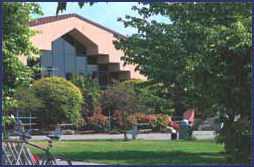Introduction
Renton Technical College (RTC) is a two-year community college in Renton, Washington. RTC was founded in 1942 to meet the needs of war production for World War II. At the end of the war, the school turned to vocational training. In the 1990s, it was converted into a technical college.

